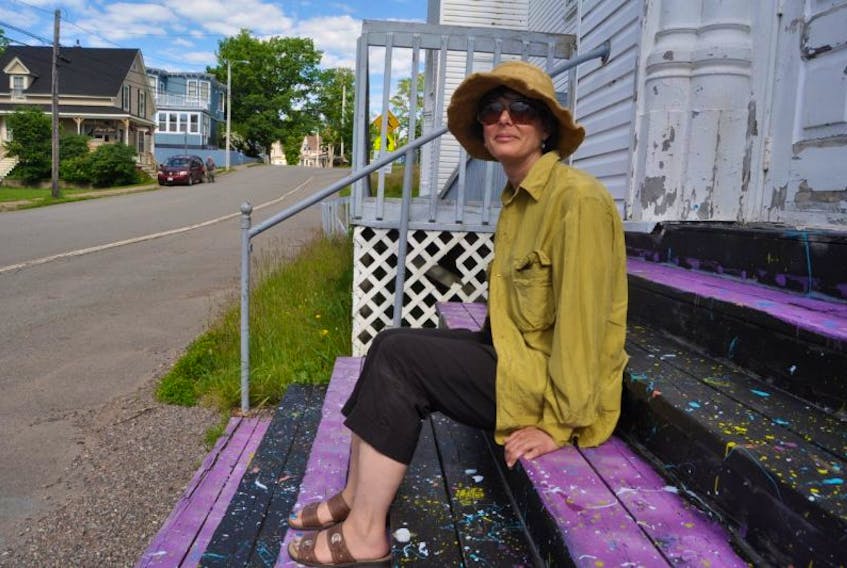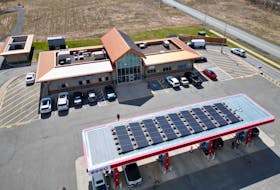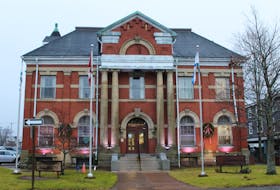These days it’s the name of a hit Broadway play about Newfoundlanders helping out stranded airplane passengers after the 9/11 attacks.
But for many on the East Coast, it’s a term long reserved for those who move here from elsewhere, often big cities, with big ideas on how to tell the locals what their communities should be like.
Judith Bauer, who moved to Parrsboro from Montreal, Que. five years ago, calls it a “slur.”
“Someone told me it’s not meant to be offensive, but I think that’s part of the problem,” she said. “It has become so entrenched in our language. It is divisive, it’s ‘us and them’ language… it’s insiders and outsiders.”
Bauer knows that the negative connotation with the “come from away” term is not an across the board view in the Parrsboro, but it is there, and has made her feel like an outsider more than once. The most recent case was after she and partner Harvey Lev purchased the former Trinity United Church building.
Instead of being thanked for possibly saving the building from the wrecking ball, she noticed a negative reaction on social media. When two young visitors offered to paint the steps of the building for them, they were accosted for painting them black.
“I was very upset because it wasn’t just me; we had these young guests and they got yelled at, which was unacceptable,” she said. “The anger that I heard and encountered, and some of the things people said, had more to do with who had the building.”
It all comes back to the “come from away” mentality, and Bauer thinks it would be better for locals and visitors alike if that term was dropped from our language altogether.
“I shrug it off, but, after awhile, it starts to worm its way in,” she said. “It’s a community I love, and I do choose to be here, many have been very welcoming… but it’s something in the language that right away makes a division.
“We’ve chosen other words to drop from our language because we recognize they are divisive and categorize people,” she continued. “I think this is another term people should consider, when they hear or use it, what they are really saying.”
She is not the only one to speak out about it. One year ago, Nova Scotia MP and cabinet minister Scott Brison has gone so far as to call for the term to be “banned” from use in Atlantic Canada. Considering the rapid decline in population facing this part of the country, he said Atlantic Canadians need to be more welcoming.
Bauer disagrees with the idea of banning any words, but believes we should examine and consider how we speak or behave with each other.
“I’m discouraged to see, more than anything, how it divides a community,” she said. “If we focus more on the commonalities, I think there would be more integration of all those people who are choosing to be here – either choosing to stay here or choosing to come here. We’re all here.”









